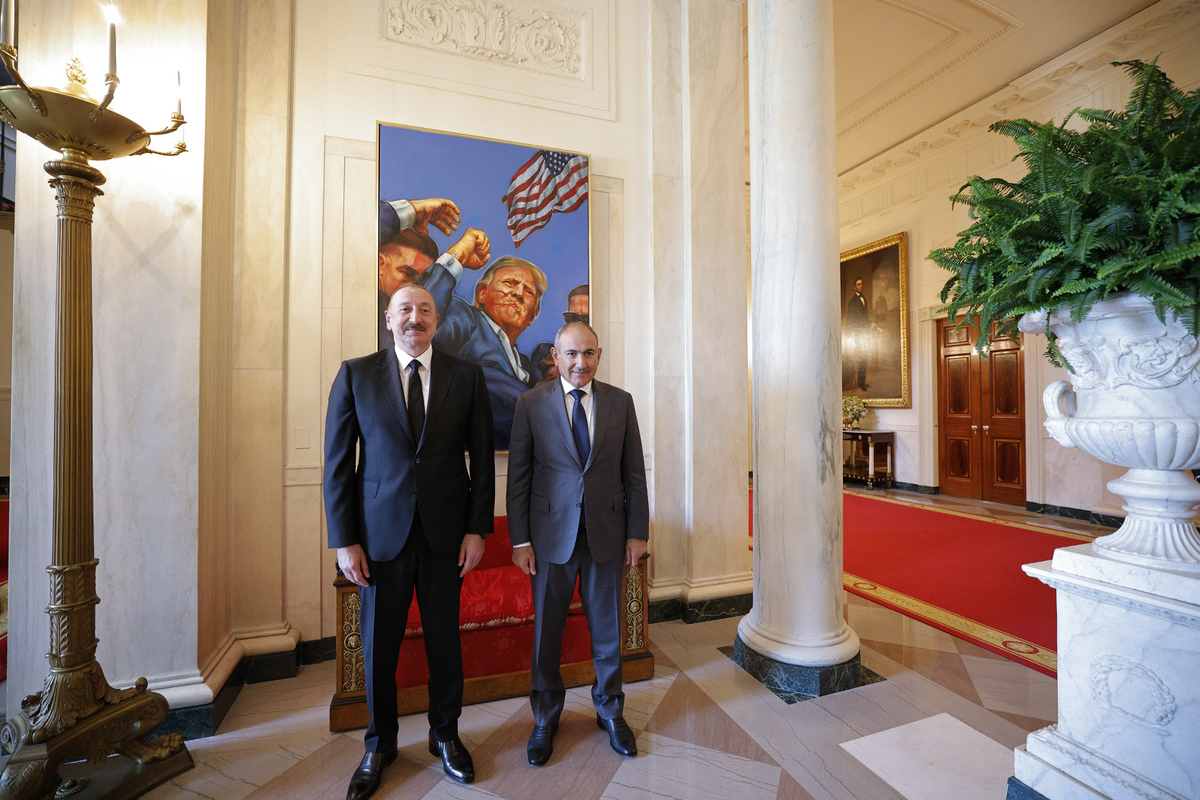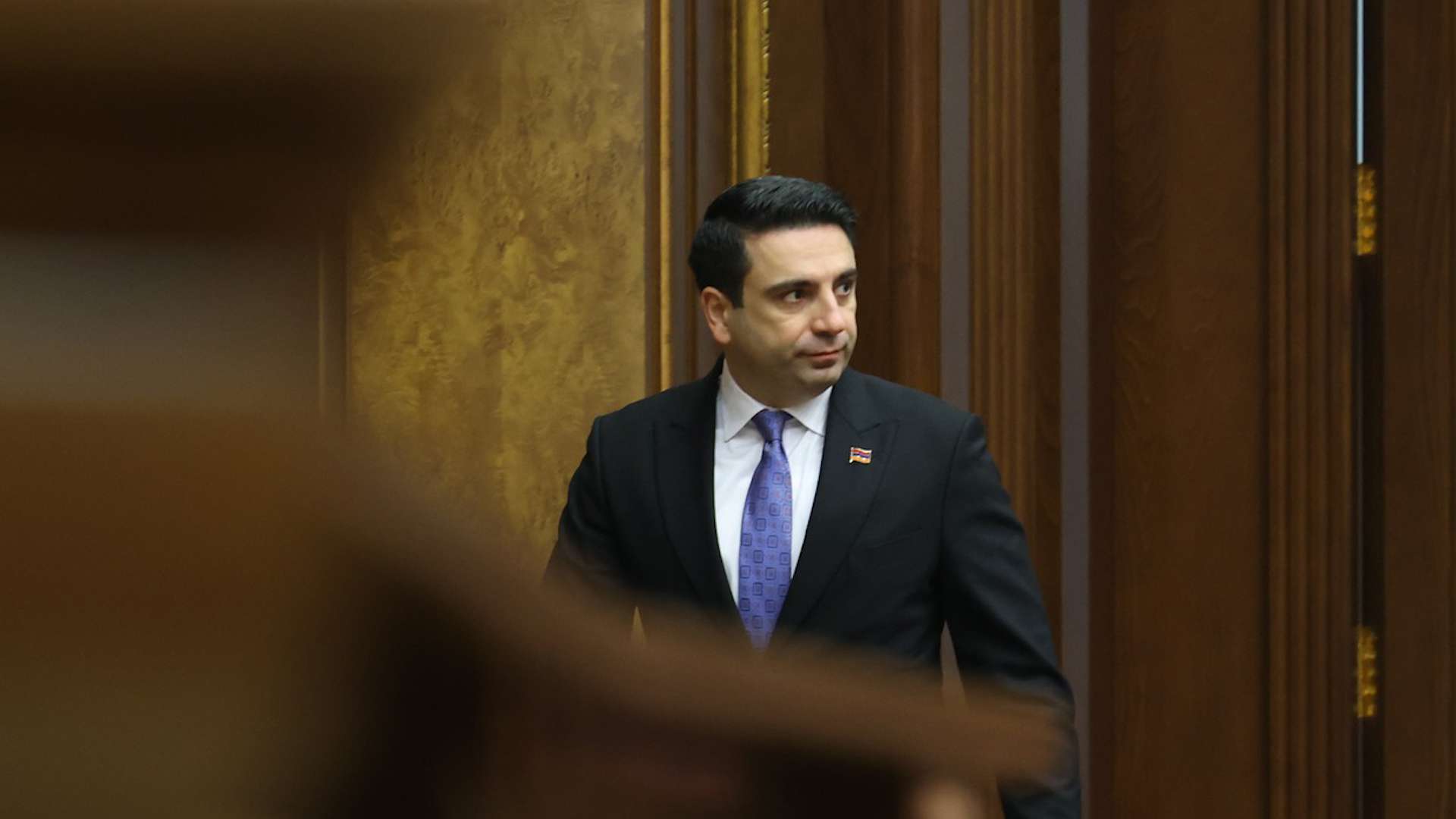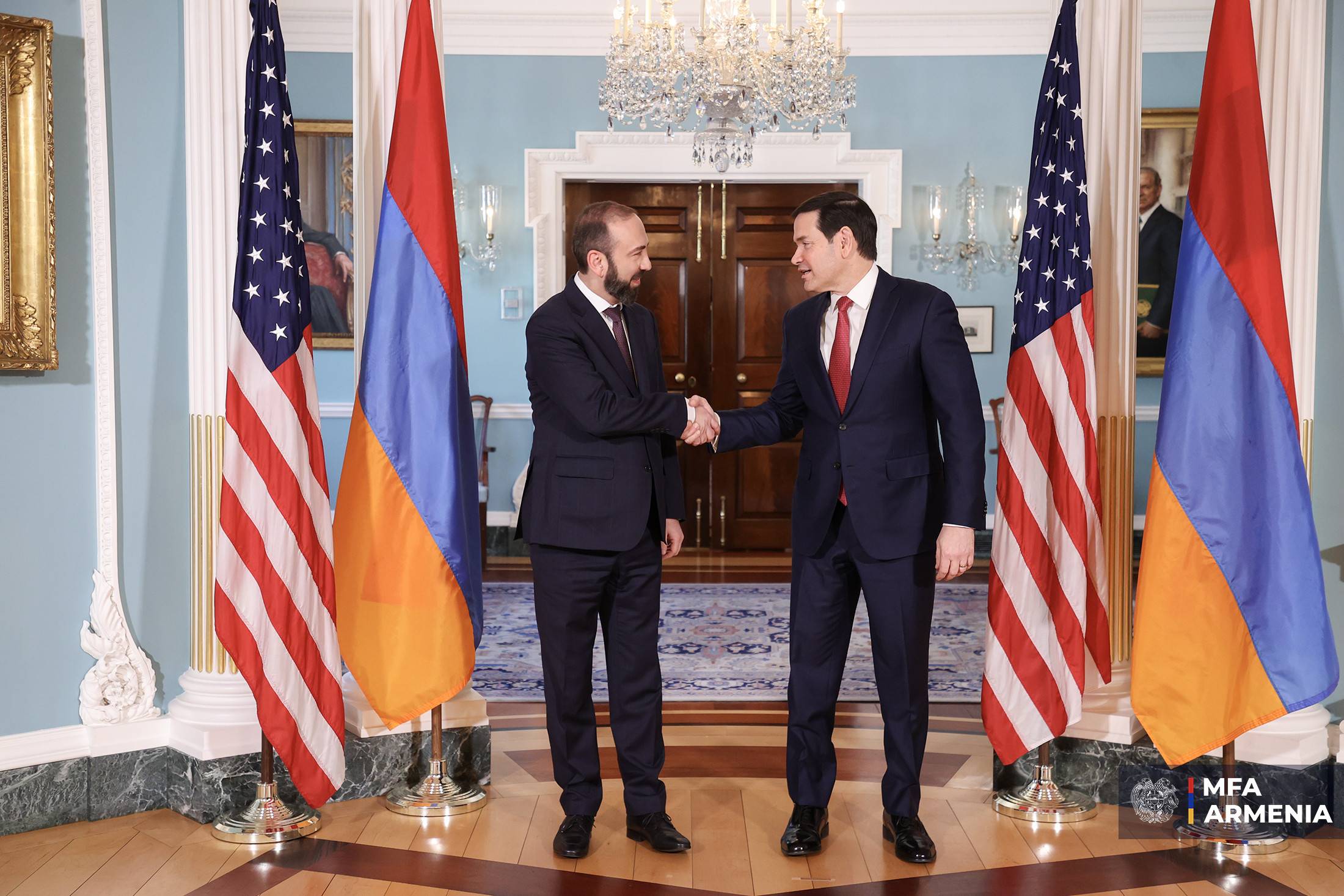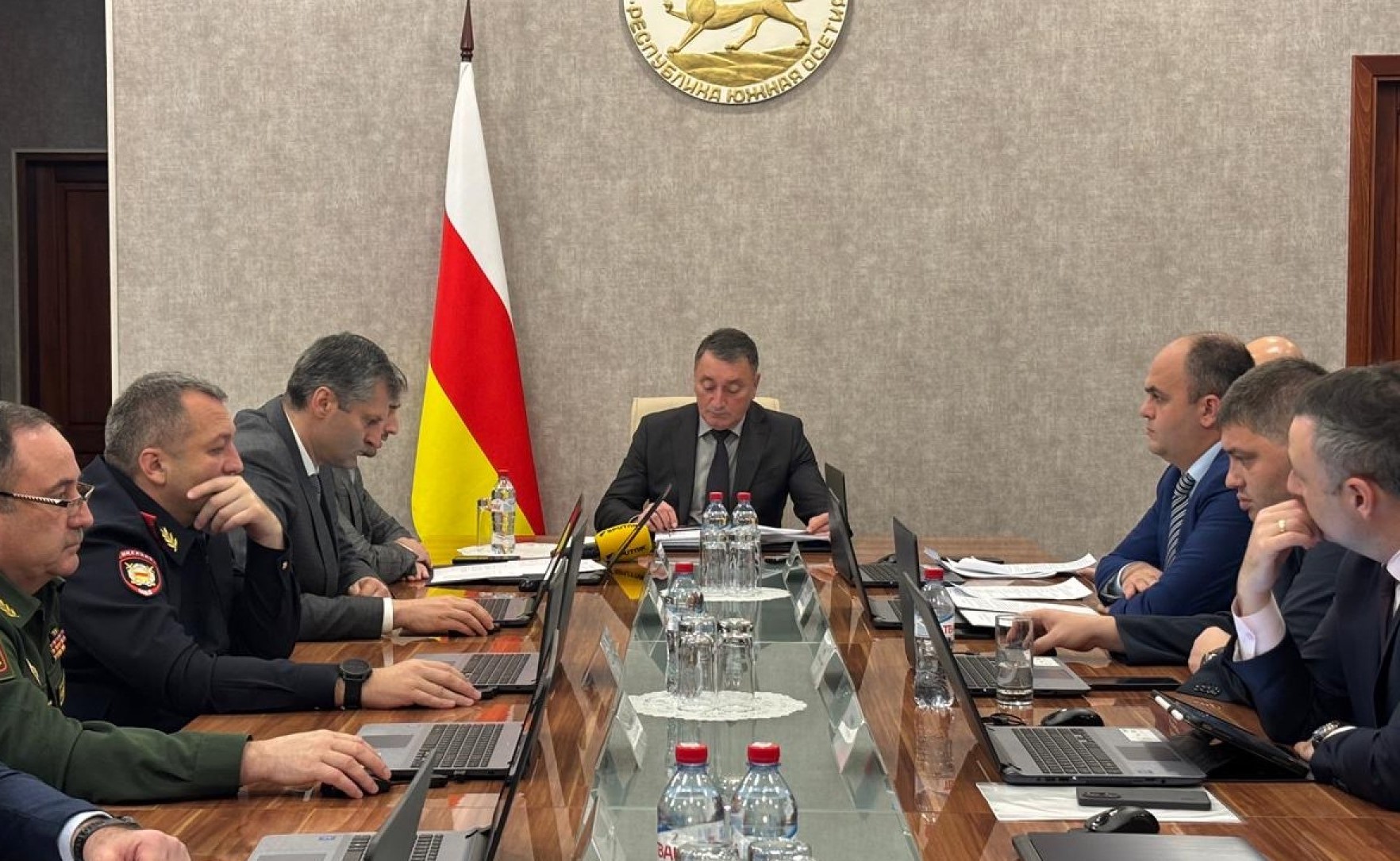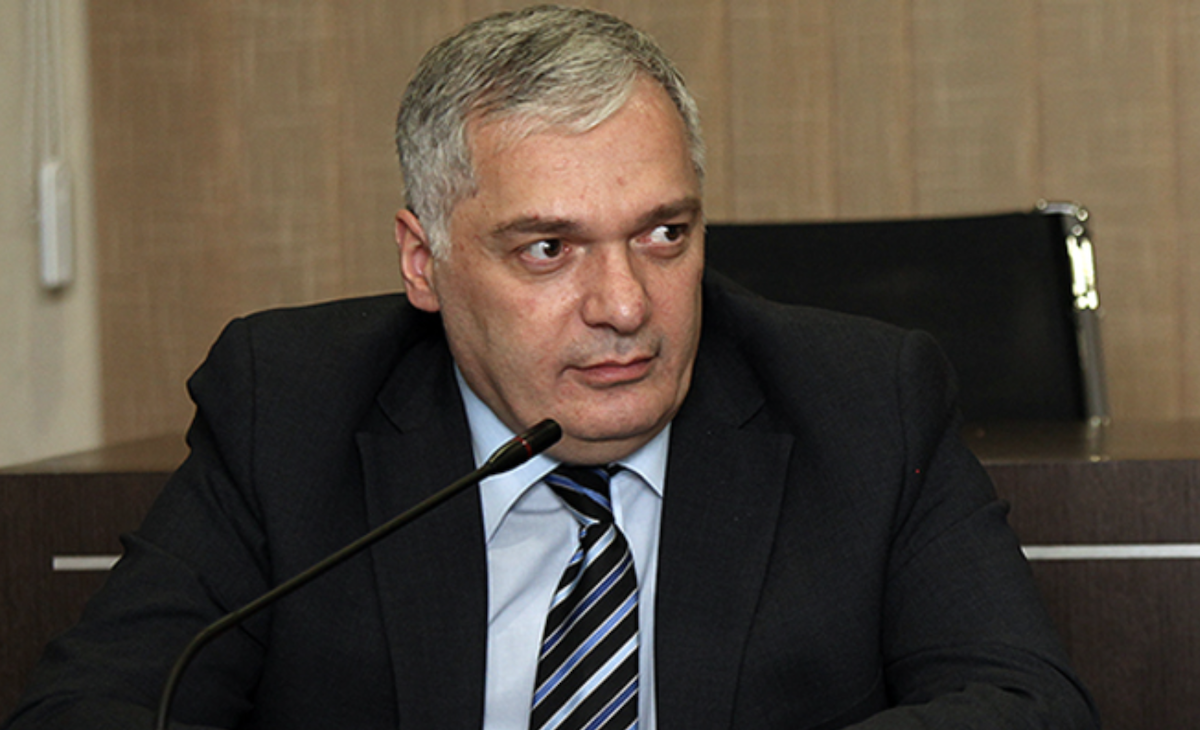Armenia: proponents of ‘traditional values’ won’t interfere with child protection
Armenia has ratified the European Convention on the Protection of Children against Sexual Exploitation and Sexual Abuse. This happened against the backdrop of protests by activists who believe that children do not face violence in the country anyway, and that the convention will thus only infringe on traditional values in the country.
The Armenian authorities hope that the convention will provide adequate punishment for criminals who flagrantly violate the rights of children. Armenian legislation in this area affords vague language that allows “child molesters to escape responsibility,” says Armenian Deputy Minister of Justice Christine Grigoryan.
One of these formulations was mentioned by an MP of the ruling My Step party, Maria Karapetyan. Speaking before the vote for ratification, she explained that now punishment for sexual intercourse with minors is provided only if the minor “is obviously under 16 years old”.
“This makes it possible to evade responsibility by saying that the child looked like an adult – over 16 years old. Now this excuse will not be taken into account,” Karapetyan explained.
What does this mean for Armenia
Ratification means that Armenia will criminalize the commission of sexual crimes against children. This includes, for example, child prostitution and the creation of child pornography. It is also planned that after the adoption of the convention, DNA samples of offenders will be taken.
In addition, the definition of “forced sexual intercourse” will also change – any sexual act with a minor will be considered violence if there were no obvious signs of consent. The importance of this wording was emphasized by MP Maria Karapetyan. Now in Armenia it is very difficult for victims to prove anything – for example, if there are no signs of violence on the body, she said in her speech.
Who is protesting and why
During the vote in the parliament, a protest rally organized by activists of the Kamk movement was held outside its walls. This movement, whose name means ‘will’, aims to ‘protect the traditional values of Armenia.’ There were not many people at the rally, but it would be difficult not to notice it: the participants gathered in front of the parliament in the morning and met the deputies going to the meeting, shouting: “Shame!” The next day, the Armenian prosecutor’s office announced the detention of one of the protesters.
One of the protesters, Mikael Margaryan, told a Caucasian Knot correspondent that ratification of the convention is not necessary because children in Armenia were never subjected to sexual violence:
“The authorities want to instill in us that sexual abuse of children in Armenia is a common occurrence, so we need to ratify the convention. We have our own laws, follow these laws,” Margaryan noted.
This is not the first protest in Armenia related to important international agreements in the field of human rights protection. For example, at the end of last year, the Kamk movement and other representatives of conservative associations vehemently disputed the ratification of the Council of Europe Convention on Preventing and Combating Violence against Women and Domestic Violence (it is better known as the Istanbul Convention).
What’s the real story?
From 2017 to 2019, the Investigative Committee of Armenia investigated about 260 cases related to sexual offenses against minors, Deputy Justice Minister Kristine Grigoryan said.
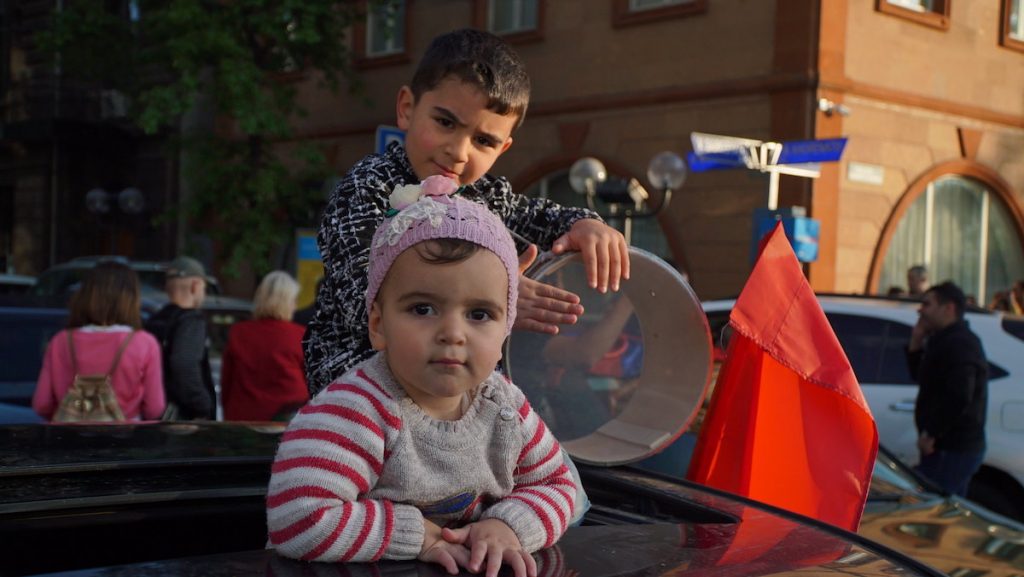
Young people and children, including very young ones, took an active part in protests in Armenia. April, 2018. Photo: Hromadske
According to the Coalition against Violence against Women non-governmental organization, the majority of victims of sexual violence in Armenia are children. In 2016, out of 160 people recognized as victims of sexual violence, 115 were children from five to 17 years old. In 2017, 164 people were recognized as victims, 113 of them are children.
Sexual violence – and not only – against children has long remained a taboo subject in Armenia.
It was first brought to wide discussion in social networks only last year. The local analogue of the global #meToo was launched by journalist Lucy Kocharian for Armenian Facebook users. The stories she collected (some featured children raped by close relatives) seemed to many a terrible fabrication; accusations were often made against victims who dared to talk about their experiences.
It is because of this attitude of society towards victims of violence that most of them prefer to suffer in silence and do not seek help, and crimes go unpunished, psychologist Anush Aleksanyan noted in an interview with JAMnews.
“In society there is no right attitude towards people who have been abused, there is no support. Therefore, they simply prefer to remain silent or speak on condition of anonymity. We also don’t have a culture of discussing such topics, ”said the psychologist.











